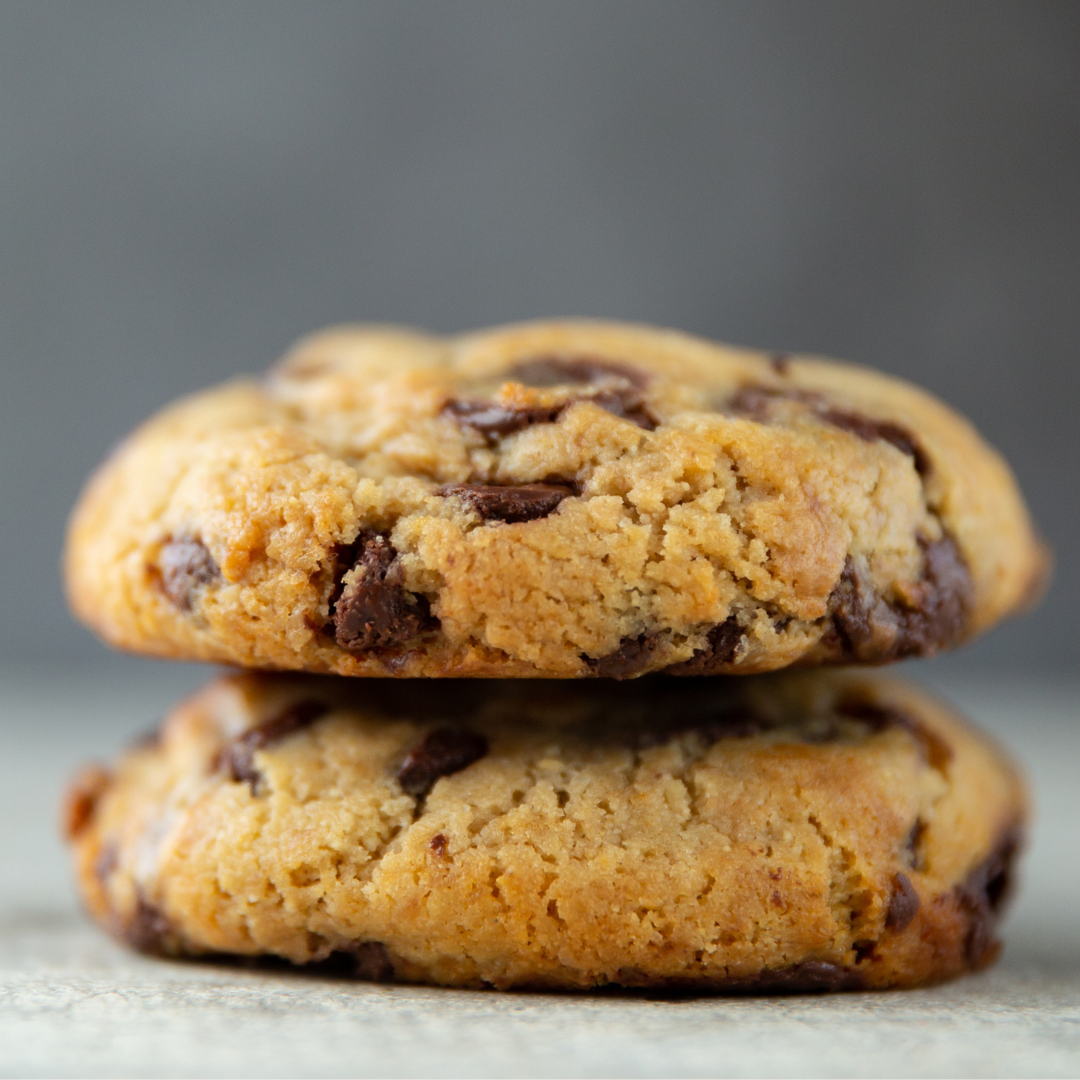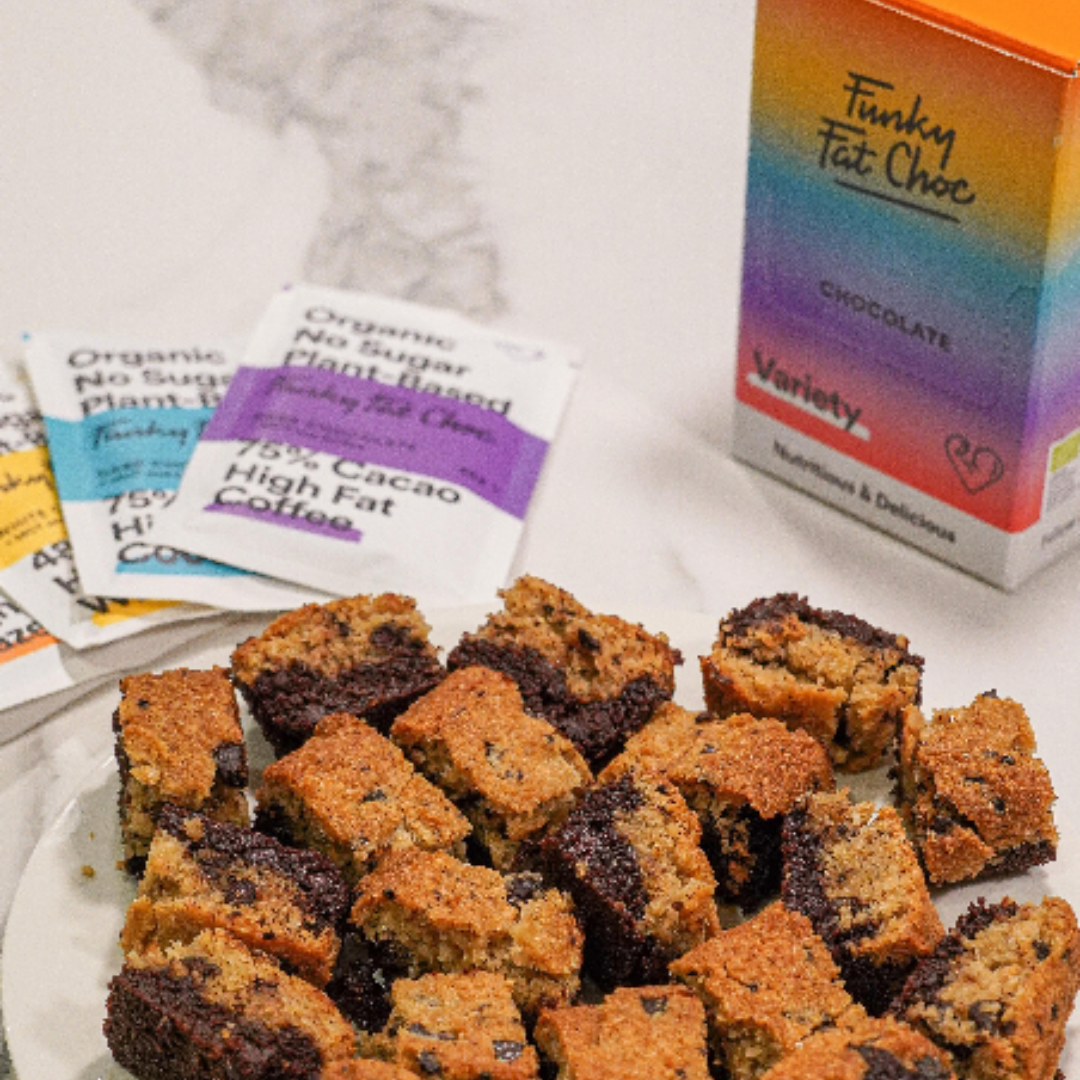Research has shown that elevated blood sugar is linked to several diseases, and we’ve talked about how it affects your sex drive, diabetes, and sleep. The blood sugar level is the amount of glucose present in the body. Glucose mainly comes from foods rich in carbohydrates. However, it can also be produced via a metabolic process called gluconeogenesis. To learn more about optimising blood sugar, keep reading this article.
Blood transports glucose to the body cells to create energy. Glucose is the primary fuel source for most people unless they’re following a ketogenic diet. Research also shows that blood sugar levels usually increase when a person sleeps. Blood sugar fluctuations that happen overnight and during sleep are normal for most people. However, sleep deprivation is a cause of concern as it may adversely affect your blood sugar levels and overall health.

What Happens to Blood Sugar While You Sleep?
Unsurprisingly, your sleep habits can affect many things about your health, from your weight and immune system to your brain's functioning. But it also plays a key role in controlling your blood sugar (or glucose), which affects your hunger and hormones, and when in a constant high state, increases the chances of getting diabetes.
Getting a good night's sleep has many benefits:
- Strengthens your immune system
- Helps maintain a healthy weight
- Lowers your risk for serious health problems such as diabetes and heart disease
- Reduces stress and improves your mood
- Keeps a clear mind to do better at work
- Helps improve your mood
In a healthy person, glucose levels will go up and down while sleeping, which is normal. Blood sugar levels surge while you’re sleeping. This is what we know as the Dawn phenomenon when certain hormones (growth hormone, cortisol, and catecholamines) cause the liver to release sugar into the bloodstream in the early morning hours. This process may cause a short-term increase in glucose, which is your body’s natural alarm clock.
For most people the dawn phenomenon usually happens between 4 am and 8 am, it depends however on your sleep-wake cycle. The glucose levels should be back down within a few hours following the release of insulin. For people who suffer from diabetes, or are likely to get it, insulin can’t do that job very well, so blood sugar levels will rise higher and will have difficulty coming back down after that morning surge. This will lead to higher-than-normal blood sugar levels at the start of the day, which can be dangerous.
How blood sugar affects sleep
As we’ve already mentioned, sleep and glucose have a bidirectional relationship. Not only does a lack of sleep affect your blood sugar levels, but poor glucose levels also negatively affect your sleep. Too-low (hypoglycemia) and too-high (hyperglycemia) blood sugar levels can negatively impact your sleep patterns.
High blood sugar levels can affect the nervous system, making falling and staying asleep hard. This can trigger insomnia and increase cortisol and adrenaline levels, preventing your body from fully relaxing. Also, you may need to go to the bathroom more often if you have high blood sugar levels, and this will disrupt your sleep. This is due to your kidneys trying to flush the excess glucose out of your body. High blood sugar can also make you feel dehydrated, waking you from sleep to rehydrate with a glass of water. And they can also cause you to feel too hot, irritated, and unsettled when it’s bedtime, making it extra difficult to fall asleep.
Low blood sugar can also damage your sleep health and can occur in both diabetics and non-diabetics. Your blood sugar levels can drop due to stress, alcohol, insulin resistance, and other medical conditions. Symptoms of low blood sugar levels include dizziness, lightheadedness, and blurred vision. And when it comes to sleep, it can cause the release of cortisol and adrenaline, which will wake you up and stir your appetite. Also, when trying to return your blood sugar levels to normal, your body overreacts by increasing your need. If you eat when you should be sleeping, it can upset your glucose levels and your sleep-wake cycle. Low blood sugar levels can also disrupt sleep by causing insomnia, nightmares, sudden waking, and sweating.
Sleep Habits and Diabetes
While an unhealthy diet can lead to obesity and diabetes, studies have found that sleep habits are too. Probably because, over time, they can affect how your cells respond to insulin.
Not sleeping the hours your body needs affects your cortisol and insulin levels. When you’re sleep-deprived, oxidative stress and inflammation increase, impacting your glucose levels. Some inflammatory markers are increased by lack of sleep which can cause insulin resistance, which affects glucose.All of these consequences affect your body and, together with a poor diet and an unhealthy lifestyle, can lead to several short and long-term health issues.
Best Tips for Better Sleep
This is why it’s so important to focus on healthy eating habits, a healthy lifestyle, and healthy sleeping patterns to get enough hours of sleep each night. We’ll give you some helpful tips to improve your sleep routine.

- Wake up and go to bed around the same time every day, even on weekends. Follow it as best you can.
- Keep your bedroom dark, quiet, relaxing, and cool.
- Turn off all electronic devices such as TVs, computers, and yes, smartphones, about 20 minutes before you would like to begin your sleep.
- Get some physical activity every day, even just a short walk.
- Mentally unwind and relax before bedtime by taking a hot shower, doing light stretches, reading, or writing in a journal.
- Get in bed when you feel tired, don’t wait until your eyes are closing already.
- Avoid afternoon and evening caffeine.
- Avoid alcohol in the evening.
- Try to eat 3-4 hours before going to bed to give your body time to digest.
Balance in life is the key to everything. It’s ok to have a glass of wine occasionally at night, to have a 5 pm coffee, or to have a late and heavy dinner. However, the idea is not to make it a rule and find your own way to wind out daily and to have a healthy balanced life without compromising your sleep patterns and your overall health.





Leave a comment
All comments are moderated before being published.
This site is protected by reCAPTCHA and the Google Privacy Policy and Terms of Service apply.